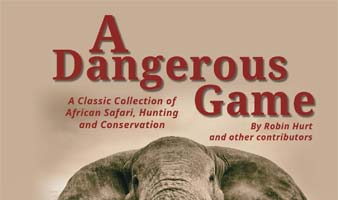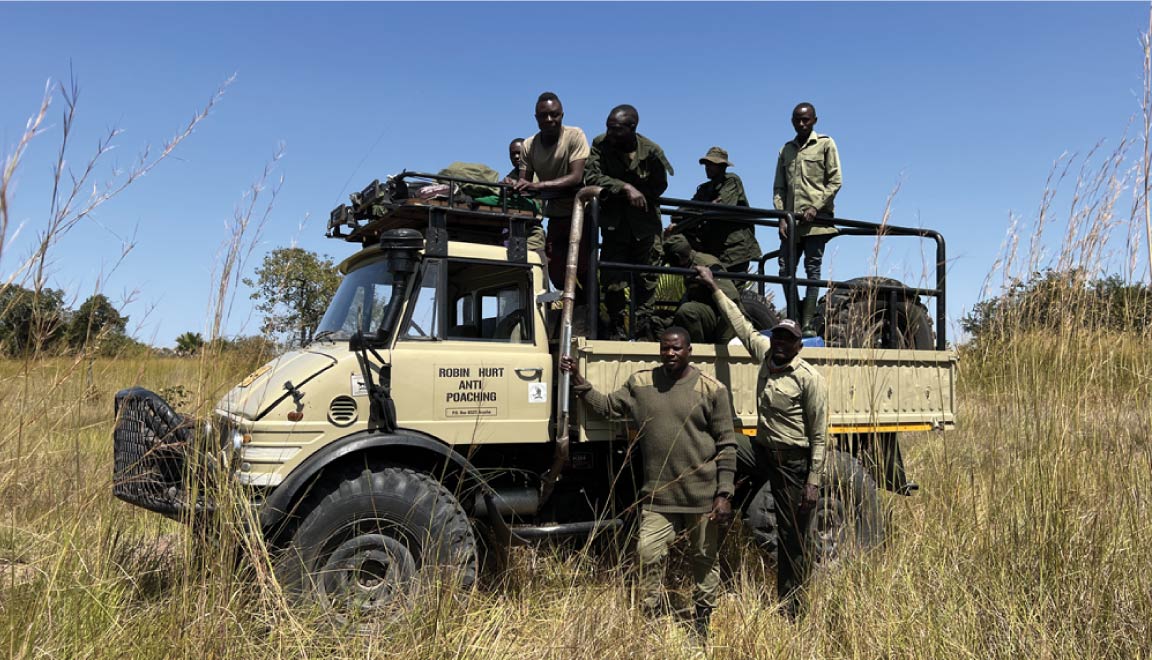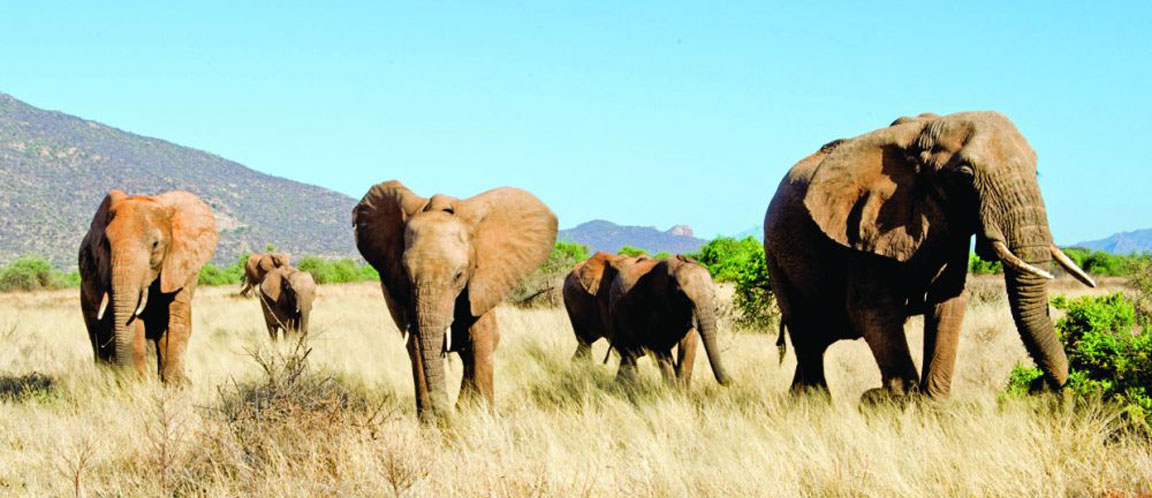
The Role of Safari Hunting in Africa today
The 65th General Assembly of the CIC (International Council for Game and Wildlife Conservation) was held in Madrid from the 3rd - 5th May 2018. It was a great honour that Robin Hurt was invited as a guest speaker to address the membership and delegates. Below is a selection of key extracts from his speech.
"I have been a Professional Hunter and Wildlife Conservationist (in the true sense of the word) my entire adult life. This year marks my 55th season as a full time professional hunter. In that time I have seen huge changes for Africa's wildlife; some good and others tragic.
I have seen islands of people surrounded by wildlife change to islands of wildlife being flooded by a tsunami of people. I have witnessed poaching gradually escalate over the years Ð leading to horrific losses to elephant and rhino numbers in particular - down to the remnant herds we have left today.
In Sudan, I remember seeing groups of up to a dozen Northern White Rhino around Lake Nyubor. Today they are extinct in the wild. On the banks of Kenya's Tana River, I once saw a herd of over 200 bull elephant (yes, only bulls) congregated together. Such a gathering will probably never be witnessed again. All of this was only forty years ago, which in terms of history, is just a snap of the fingers.
Over the same period, the safari industry has also changed. In 1963 when I was first granted my Professional Hunter's license, aged 18, there were only about 100 full time professional hunters. Safaris have changed from 30 - 45 day expeditions, with fully mobile-tented camps to hunts that rarely exceed two weeks based in more permanent camps or lodges.
But this is not about me. It is about the continuing threat we collectively experience daily to our wild places, wild animals and ourselves. And, more importantly what can we do to help reverse this trend.
There will always be two sides to any argument. Wildlife conservation in particular is a very sensitive subject with many viewpoints and opinions. But, from my point of view there is no real argument because we all have the same interest; the long-term wellbeing of wildlife. Whether you are pro or anti legal hunting - It's time we all work together for a common cause and put aside our various prejudices. It's time to look at things in a realistic light. To realize that for wildlife to survive in a rapidly changing Africa, with a huge human growth problem, that it must be a competitive form of land use.
I hate the term "trophy hunting" as this gives totally the wrong impression. I prefer the term safari hunting or conservation hunting which more adequately describes what my colleagues and I do. As the Spanish Philosopher, Jose Ortega Y Gasset articulated in his book; The Philosophy of Hunting "One does not hunt in order to kill. On the contrary one kills in order to have hunted" There is a difference and I have tried to live by that standard.
The "trophy" is not the sole reason for a safari; At least not to my clients. Yes, the "trophy" may well be part and parcel of a safari's outcome, but it is not everything to a safari hunter - there is so much more to the experience:
- The feeling of being in wild places with wild animals; up close & on foot.
- The excitement of the stalk, the danger factor & the chance of the chase.
- The companionship around the campfire in the evening.
- The conservation of wildlife and wild places paid for through legal hunting.
- The anti poaching efforts undertaken and funded through legal hunting.
- The love we have for wild animals and wild places.
Yes, it is love!
Hunters are not so different from sheep or cattle herders, who manage domestic animals. We choose instead to manage wildlife. I personally would prefer to see wild animals on the land I care for rather than cattle and sheep. But, as is the case of the farmer of domestic animals, the animals must pay for themselves to survive in today's Africa. If a shepherd or cattle herder cannot use their livestock, they would see little reason to keep them.
The same applies to wildlife whether it's from photo safaris or hunting safaris. "If it pays, it stays."
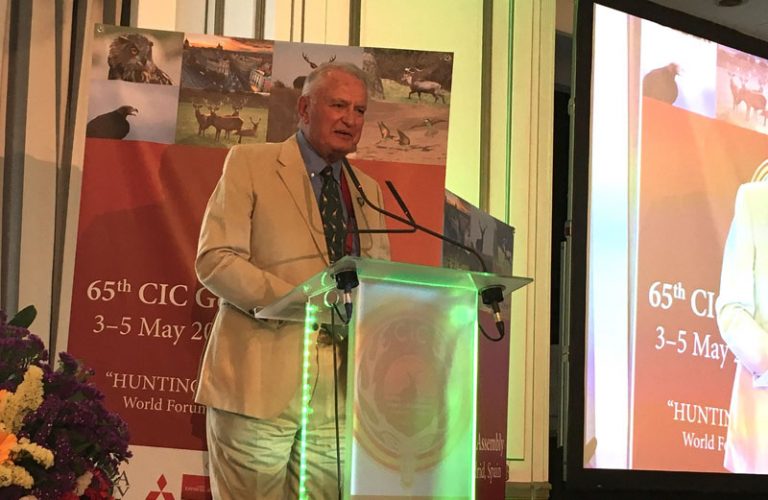
Legal hunting gives employment to previously disadvantaged people who now enjoy an improved standard of living. Certainly, this is the case in Tanzania and Namibia, where poachers have been turned into anti-poachers. Where wildlife has been given meaningful value to people, they no longer look at game animals as cheap or easy meat!
Regarding poaching - there is a lot of misunderstanding amongst the general public as to what is poaching and what is legal hunting. A poacher is the illegal, un-selective user of wildlife. A thief bent on the extermination of wildlife for quick reward.
The legal hunter on the other hand is the legal steward and manager of wildlife. His or her very existence and way of life depends entirely on healthy wildlife herds and its sustainable use. A use set by carefully managed quotas.
It is not legal hunting that has led to the decline in Elephant and Rhino numbers. It is entirely due to unchecked commercial poaching fueled by the demand for these illegally obtained products. Where legal hunters have been forced to leave the bush for whatever reason, they are replaced by poachers, and wildlife numbers plummet as a result.
The Elephant population in Kenya has declined by a recognized 70% since the 1977 total hunting ban. On the other hand, where hunting is allowed we have seen a trend of increasing numbers, for example in Namibia.
Some countries that had bans such as Uganda and Zambia, have recently re-opened legal hunting as a means of combatting poaching. There is also the very welcome news that Kenya is reconsidering it's stand on not allowing user harvesting rights to wildlife on private and communal land! That this is even being discussed is a huge step in the right direction and a most pleasing development.
The example and high standards for sustainable use set by Namibia, is now being used as a model in other African States. Namibia has rapidly increasing wildlife numbers, bucking the downward trend in some other countries. The conservancy program has given user rights to communities living in the bush, changing overnight attitudes from one of indifference to wildlife, to one of stewardship.
Not many are aware that Tanzania was the first country to ban hunting in 1973. The result (at the risk of being repetitive) was disastrous for wildlife as poachers replaced legal hunters in the bush resulting in colossal wildlife losses. Fortunately, Tanzania canceled its ban in good time. It's a proven fact that legal safari hunting is one of the best deterrents to poaching. It is in the personal interest of a concessionaire or land owner to have healthy wildlife numbers Ð so poaching is not tolerated. This is just one of the reasons I always say professional hunters are amongst the most dedicated conservationists. Their very livelihood depends on healthy and increasing herds.
The continual threat to wildlife and habitat is not just from poaching, but also through human encroachment into the wilderness. More humans mean the need for more space. The result: "slash and burn" agriculture, over stocking, over grazing, man-made droughts, poisoning of predators and bush meat trade. This is one of wildlife's biggest perils.
How do we counteract this? Simply, by giving wildlife a real value from its legal & sustainable use. It is impossible to turn the whole of Africa into one huge National Park. Currently, the unprotected areas of Africa carry most of its wildlife populations. It's in these outlying and often marginal lands (mostly unsuitable for photo safari use), that it is vital legal hunting continues as an effective tool for saving habitat and wild animals.
The word "Conservation" keeps cropping up. It is often misunderstood and misused as an expression of total protection. It most certainly does not just mean or imply total protection - it actually means "wise use".
The recent USFWS import ban of Elephant and Lion trophies into the USA from certain African countries has only led to some hunting blocks becoming unviable, and forcing operators out of the bush, and in some cases to close down. These vacated blocks are now the domain of poachers Ð bent on the destruction of wildlife for quick reward. So often well meaning regulations passed without proper research lead to dire consequences. In fact this thoughtless move has only served to fuel further decline in wild animals.
The other huge problem and danger we face is social media. A person or organization with little understanding of proper conservation, makes an uninformed opinion that often has no scientific or factual base, and founded solely on emotion. It goes viral and millions read that opinion and believe it as fact. Making all hunters look evil! In fact some so called conservation organizations like to capitalize through sensationalism. Encouraging an unwitting public to contribute funds for whatever cause they promote.
Hunter / Conservationists are a minority. Yet it is us, that minority who pay and do the most to support conservation. Look at the recent example of our good friend and CIC member Willy Pabst , who from his private conservancy in Zimbabwe, at his own expense, sent hundreds of big game animals to repopulate wildlife reserves in other countries that have had their wildlife decimated by poaching. A conservationist in the true meaning of the word!
What can we do to reverse these negative trends?
- Take time to explain to people the benefits of legal hunting as a conservation tool.
- Explain that you are a manager of wildlife. Not a killer.
- Explain poaching is theft & the harm it causes to wildlife, countries and people.
- Don't participate in the making of videos or news channel reports, unless you are sure of their motivation.
Insist on seeing the footage before it is released. - Don't post sensitive hunting photos on social media.
- Always hunt legally & adhere to wildlife laws.
- Support hunter / conservation organizations.
- Show respect for the wild animals we love.
- Support hunting operators that have community wildlife projects benefiting local people.
- Support programs that educate young people about hunting & conservation.
- In particular please support The CIC.
Can I please leave you with one parting thought?
Wildlife in Africa today stands on a cliff edge. By stopping its legal use, a death warrant is being signed.
We can't let that happen!
Robin Hurt - May 2018
Recent Blog Posts
We're attending
The SCI & DSC Conventions
in Jan and Feb 2024
Robin Hurt Safaris will be attending the DSC and SCI Hunting Conventions in January and February 2024. We're looking forward to seeing you there.
A Dangerous Game
By Robin Hurt and other contributers
Safari is what this book is all about. It is dedicated to dangerous game, although not all the chapters are focused on that subject but all describe the danger and excitement of an African safari.
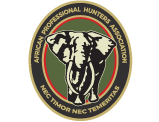


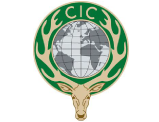

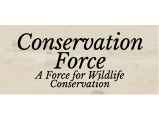
CONTACT US
Robin Hurt Safaris
Cell: +254 (0) 720 783 202
Other: +254 (0) 713 093 726
Email: info@robinhurt.com
Copyright 2024 © Robin Hurt Safaris


